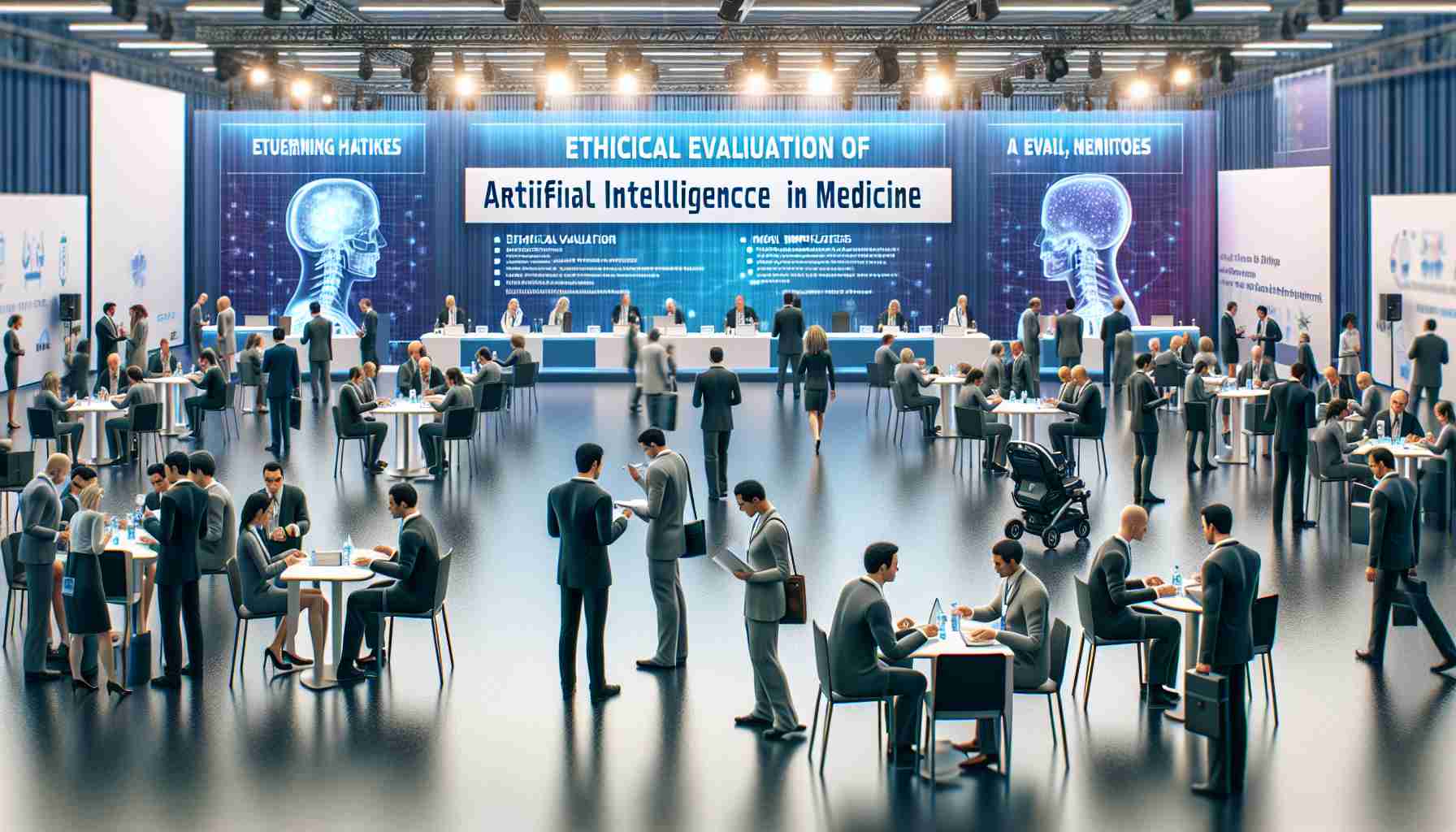An important conference focusing on the ethical and deontological implications of Artificial Intelligence (AI) in the medical field will take place on Saturday, May 4, 2024, starting at 8:15 am. Entitled “Impatto deontologico ed etico dell’Intelligenza Artificiale (I.A.),” this gathering is set to occur in the “Granero-Porati” hall of the University of Insubria in Varese, located at via Dunant 3.
The event, organized by the Order of Physicians and Dentists of the Province of Varese, will provide a platform for discussions on the challenges that AI presents, particularly in the realms of healthcare practice, touching on the impacts of this innovative tool on legal aspects, diagnosis, treatment, ethics, and professional conduct. The conclave will feature a range of expert voices in the field.
The program will be inaugurated by two eminent figures: Dr. Giovanna Beretta, President of the Varese Order of Physicians, and Professor Giulio Carcano, a renowned General Surgery professor and Director of the Inter-Hospital Transplant Department of Asst Sette Laghi, who also chairs the Order’s Training Commission. They will set the stage for a deep dive into the intertwining of AI with medical decision-making.
Dr. Beretta emphasizes the substantial role of AI in aiding health professionals to determine diagnoses, prognoses, and identify optimal patient treatments. Nonetheless, she underscores the unwavering responsibility of medical practitioners to base their decisions on ethical and professional standards despite the assistance from AI technologies.
Professor Carcano, conversely, sheds light on the prevalent integration of AI in current medical practices, citing its application in neuroradiological diagnostics and robotic surgery. He suggests that the conference will serve as a critical forum for debating the boundaries and rules governing AI as it evolves rapidly, and how medical professionals should respond to the novel questions arising from AI’s advent in healthcare, aiming to enhance comprehension and application within the profession.
Ethical Evaluation of AI in Medicine: The integration of Artificial Intelligence (AI) into the medical field has sparked both optimism and concern among healthcare professionals and bioethicists. AI’s influence stretches from patient diagnosis and treatment plans to medical research and the development of new drugs. As AI systems become more prevalent, they pose complex ethical questions that need addressing to ensure they align with the fundamental principles of medicine: beneficence, non-maleficence, autonomy, and justice.
Key Challenges and Controversies: The ethical evaluation of AI in medicine encompasses several major challenges:
– Data Privacy and Security: AI systems require access to vast amounts of patient data, raising concerns about the privacy and security of sensitive information.
– Decision-making Transparency: AI algorithms can be complex and not easily understandable, making it difficult to explain how they reach conclusions. This opacity challenges informed consent and professional accountability.
– Bias and Fairness: If AI algorithms are trained on biased data, they can perpetuate or even amplify existing disparities, leading to unfair treatment outcomes.
– Human Oversight: Ensuring that healthcare professionals maintain oversight over AI decisions is vital to preserve human judgement and manage potential errors.
Advantages and Disadvantages:
Advantages:
– Increased Efficiency: AI has the potential to analyze medical data at a much faster rate than humans, improving the efficiency of diagnosis and treatment.
– Personalized Medicine: AI can help tailor treatment plans to individual patients based on their unique genetic profiles and health histories.
– Resource Optimization: AI could significantly reduce costs by streamlining administrative processes and aiding in resource allocation.
Disadvantages:
– Lack of Empathy: AI cannot replicate the compassionate care that comes from human healthcare providers.
– Dependence: Over-reliance on AI could lead to a depreciation of traditional clinical skills among medical professionals.
– Regulatory Concerns: There is currently a lack of comprehensive regulation surrounding AI in healthcare, which could lead to inconsistent or unsafe applications.
Entities interested in diving deeper into the broader context of AI in medicine and exploring relevant resources can visit the following domains:
– World Health Organization (WHO): www.who.int
– European Group on Ethics in Science and New Technologies (EGE): ec.europa.eu
– IEEE Standards Association (IEEE SA) – Ethically Aligned Design: www.ieee.org
Please note that these links are to the main domains of the organizations and not to specific subpages. They offer a wide range of resources and insights on the ethical considerations of AI in healthcare and other related topics.

